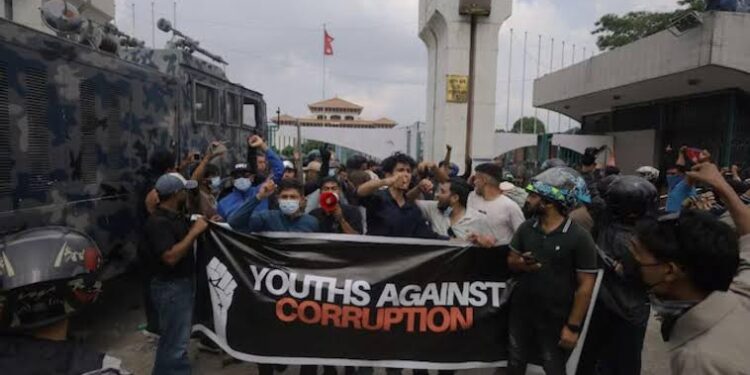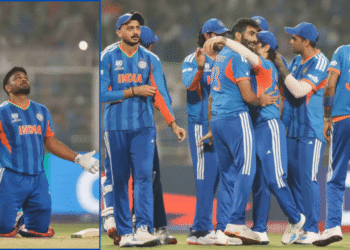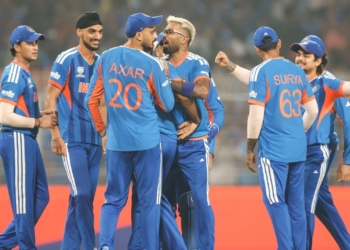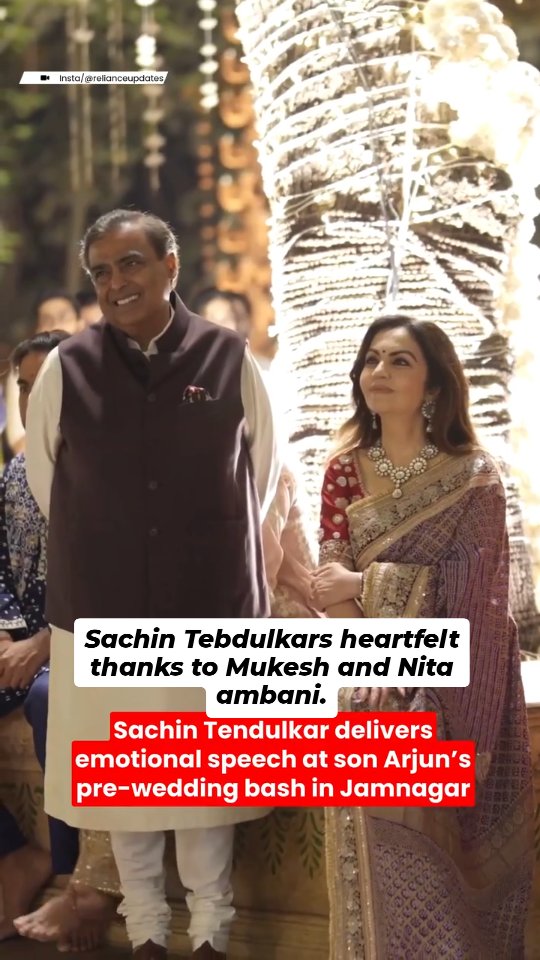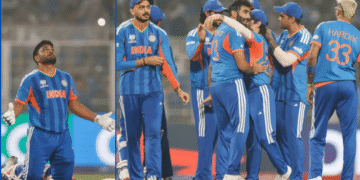In a dramatic late-night decision, the Nepal government lifted its ban on social media platforms after violent protests led by Gen Z shook the country, leaving 19 dead and dozens injured.
Nepal’s Minister for Communications and Information Technology, Prithvi Subba Gurung, announced the move following an emergency cabinet meeting. “The government has already decided to open social media by addressing the demand of Gen Z,” he said, while appealing to protesters to call off their demonstrations.
Despite the reversal, Gurung insisted the government does not regret its earlier decision to impose the ban, claiming it was necessary to curb the misuse of social media.
Violence and Curfew in Kathmandu
Earlier in the day, Kathmandu witnessed large-scale protests as thousands of young demonstrators attempted to storm the parliament building, breaking police barricades. Authorities imposed a curfew in the capital and used water cannons, batons, and rubber bullets to disperse the crowd.
Protesters held placards reading, “Shut down corruption and not social media” and “Youths against corruption”, highlighting anger against what many see as rampant graft in government.
Why the Ban Was Imposed
The government had blocked access to popular platforms including Facebook, Instagram, WhatsApp, YouTube, Snapchat, Pinterest, and X after companies failed to register under new regulations aimed at curbing fake news, online fraud, and hate speech.
Prime Minister KP Sharma Oli defended the initial ban, accusing X of disrespecting Nepal’s sovereignty by refusing to register in the country. “We had asked them to comply with Nepal’s laws. It is a matter of respecting our national sovereignty,” Oli said.
Probe Ordered, UN Calls for Investigation
The cabinet has set up a committee to investigate the day’s violence and submit a report within 15 days. Meanwhile, the United Nations has called for a swift and transparent probe into the killings.
Social Media, Politics, and Public Outrage
The ban had intensified anger among youth, many of whom have been using platforms like TikTok (which was not banned) to expose corruption and highlight the lavish lifestyles of politicians’ children. Protester Bhumika Bharati said, “There have been movements abroad against corruption, and they are afraid that might happen here as well.”
The decision to lift the ban may temporarily cool tensions, but it has also underscored growing frustration with the Oli government and its handling of corruption scandals.

